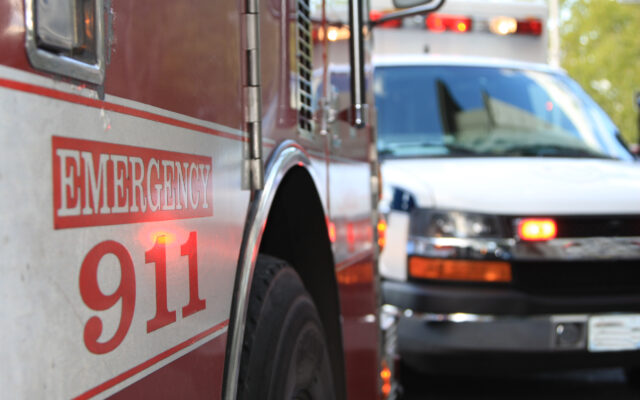Trump to appear by video Tuesday for hearing in Manhattan criminal case

Donald Trump is scheduled to attend his second court hearing as a criminal defendant Tuesday, but it will be a far different scene than his previous appearance.
When he went to court in New York City on April 4, it was the first time in American history a former president was arraigned for a crime. The office of Manhattan District Attorney Alvin Bragg unsealed a 34-count felony indictment that day, alleging falsification of business records, and Trump entered a not guilty plea.
This time, instead of the dozens of court officers and Secret Service agents who flanked Trump during his arraignment, he’ll appear via live video fed into the same courtroom he walked into last month. It will be the first time in American history a former president has appeared virtually for a criminal court hearing.
New York Judge Juan Merchan is expected to explain to Trump the terms of a protective order he issued for much of the evidence prosecutors will give to the defense as part of the case. During a May 4 hearing that Trump was not required to attend, Merchan called the order “standard” but acknowledged it bears unusual significance for Trump, who is running for president.
The order largely bars Trump from publicizing any material that had not already been made public once it’s turned over by prosecutors to his team. Merchan wrote in the May 8 order that Trump will only have access to certain information, labeled “Limited Dissemination Materials” by prosecutors, in the presence of his attorneys. He will not be allowed to make copy, photograph or transcribe those documents.
Merchan stressed on May 4 that this is not a gag order, and Trump is not barred from speaking about the case.
“I’m bending over backwards and straining to ensure that he is given every opportunity possible to advance his candidacy,” Merchan said.
Trump’s attorneys had argued against the protective order, writing in a May 1 filing that it “would be an unprecedented and extraordinarily broad muzzle on a leading contender for the presidency of the United States.”
The order also bars Trump and his team from disclosing the names of certain Manhattan D.A. personnel until a trial begins.
In an April 24 filing requesting the order, a prosecutor cited Trump’s history of derogatory social media posts and statements related to other investigations, including posts about former special counsel Robert Mueller and his probe into alleged links between Trump’s 2016 presidential campaign and Russia; Trump’s two impeachment inquiries; and a Fulton County, Georgia, investigation into alleged efforts to undermine the presidential election in 2020.
On May 4, Trump sought to have the case moved to federal court. That motion remains unresolved and the case is continuing forward in New York State court for the time being.



